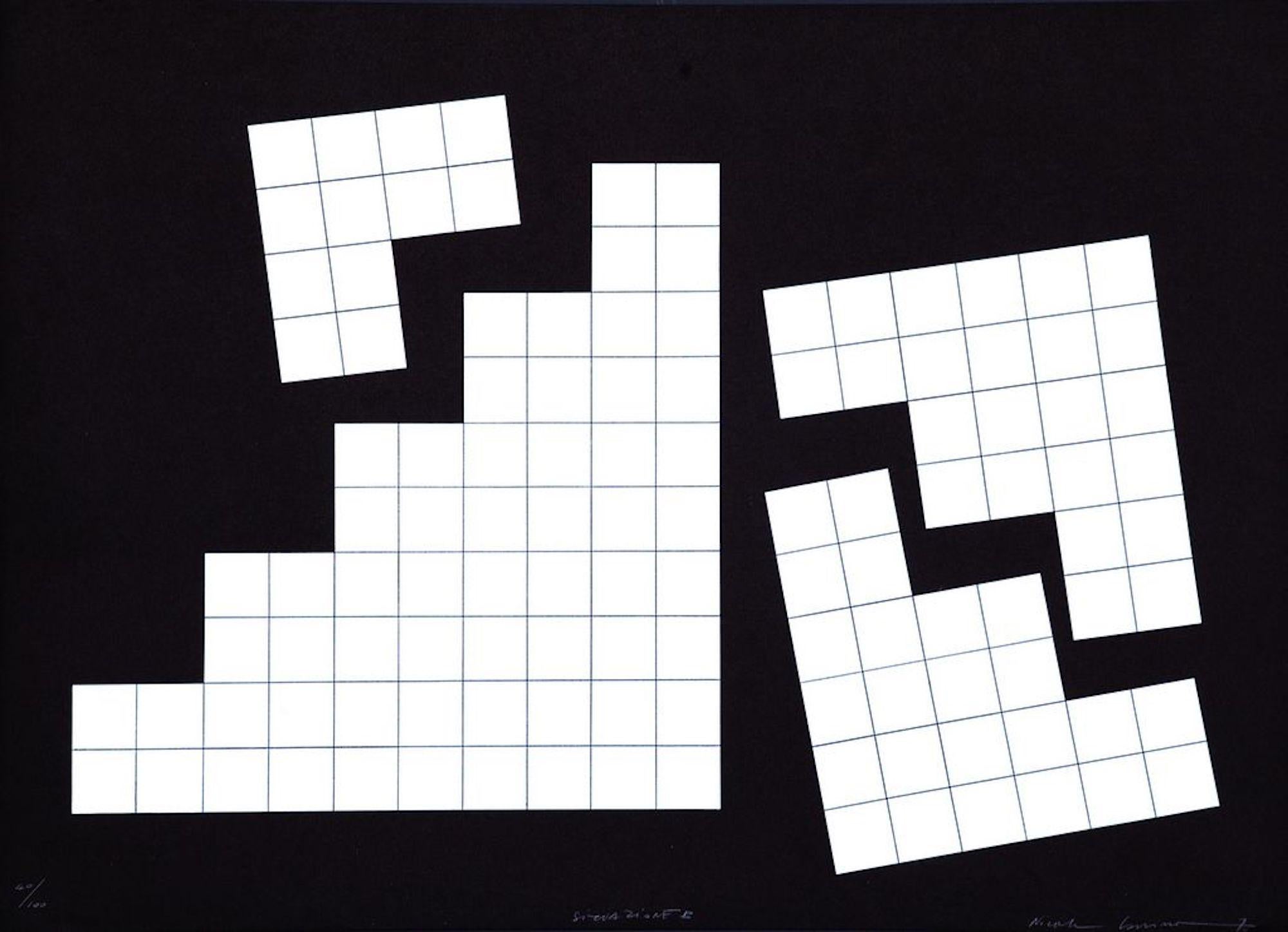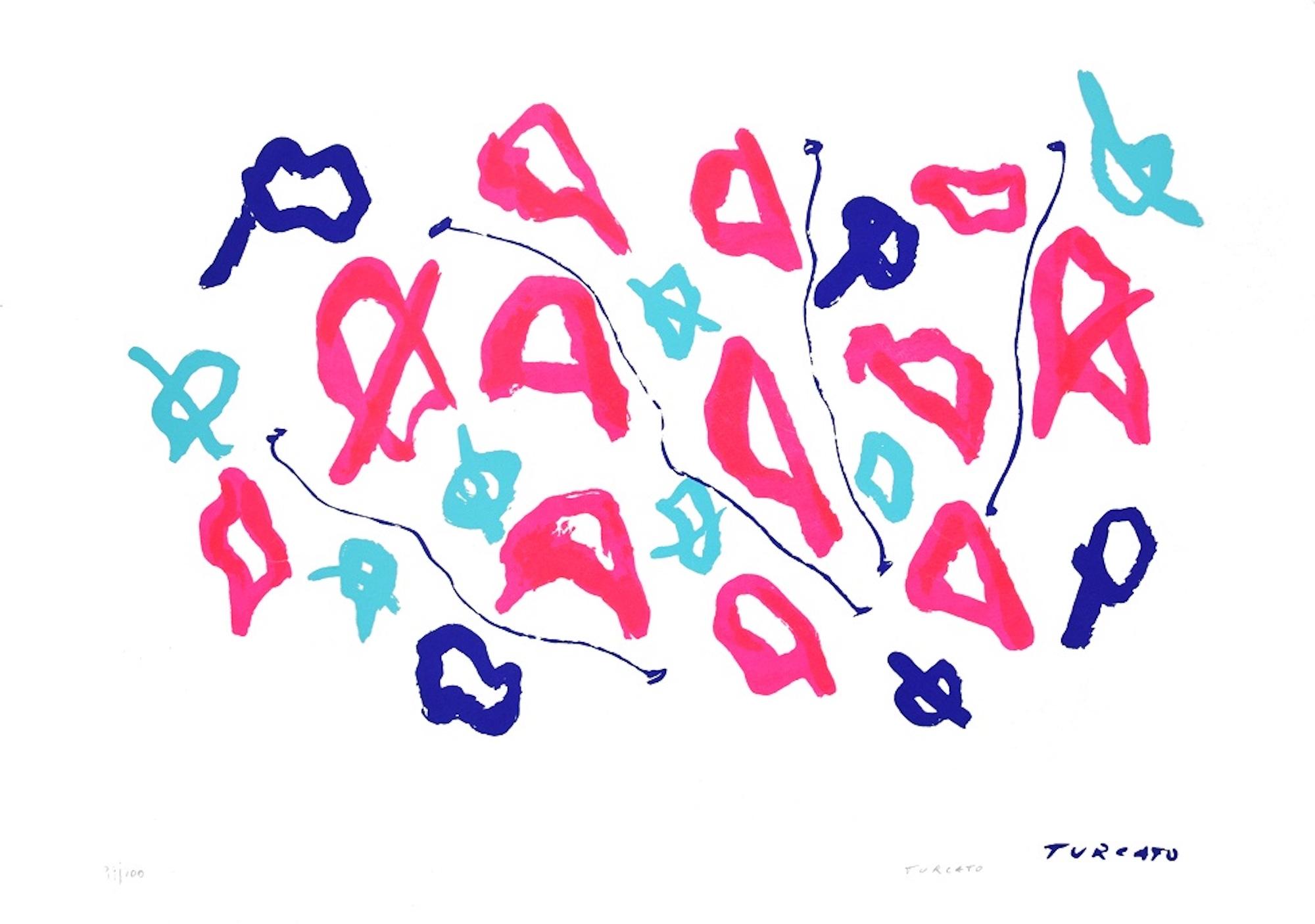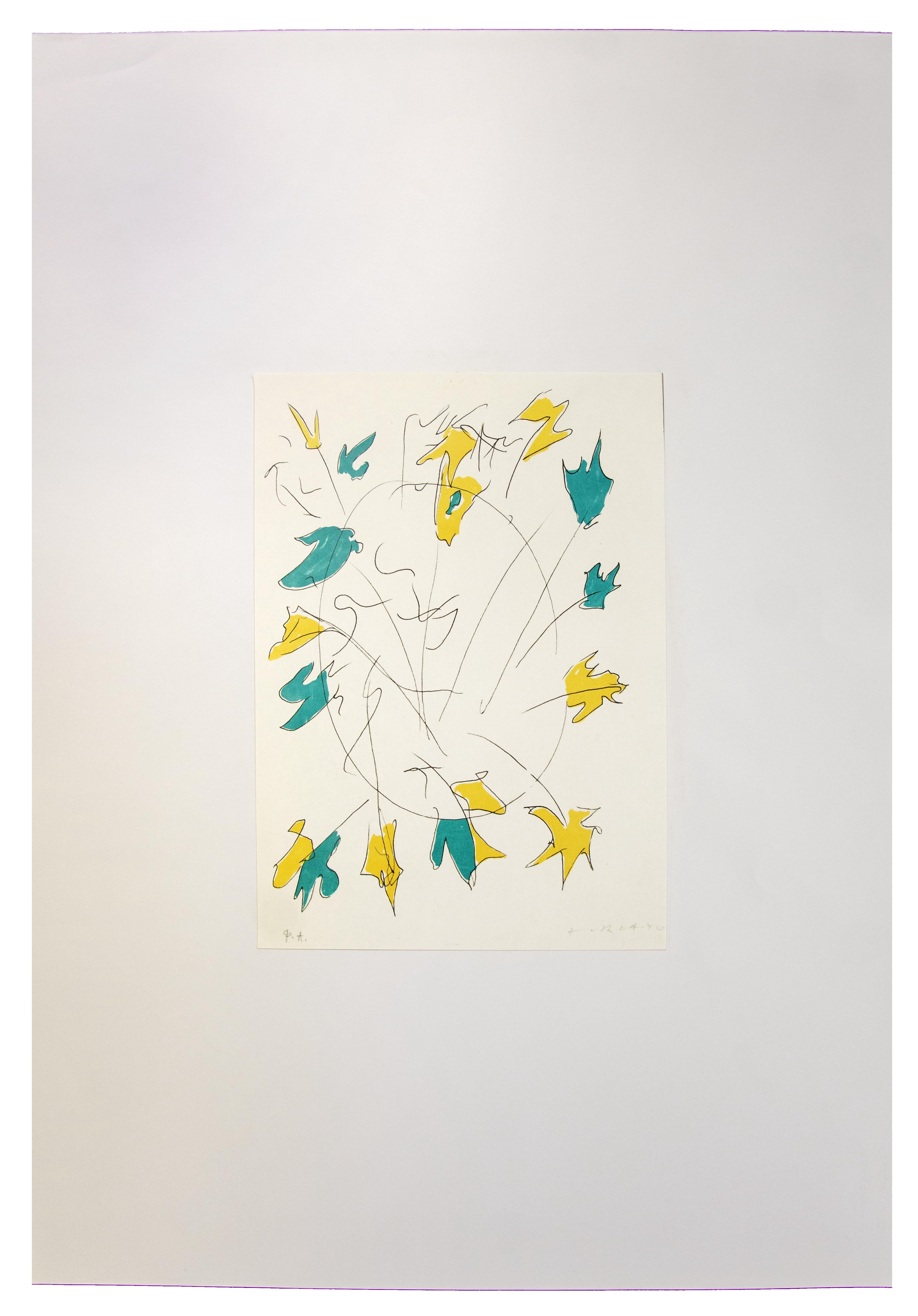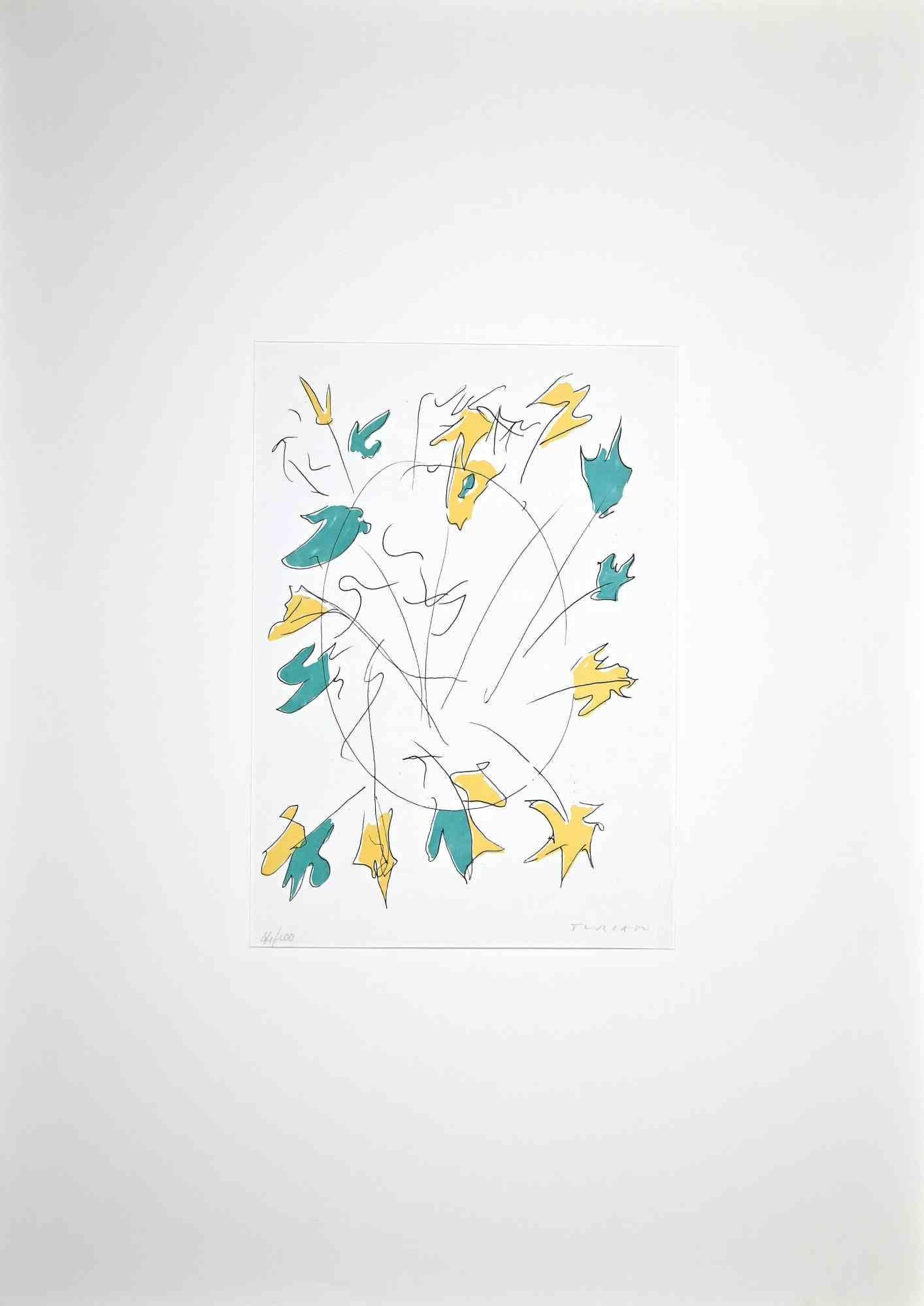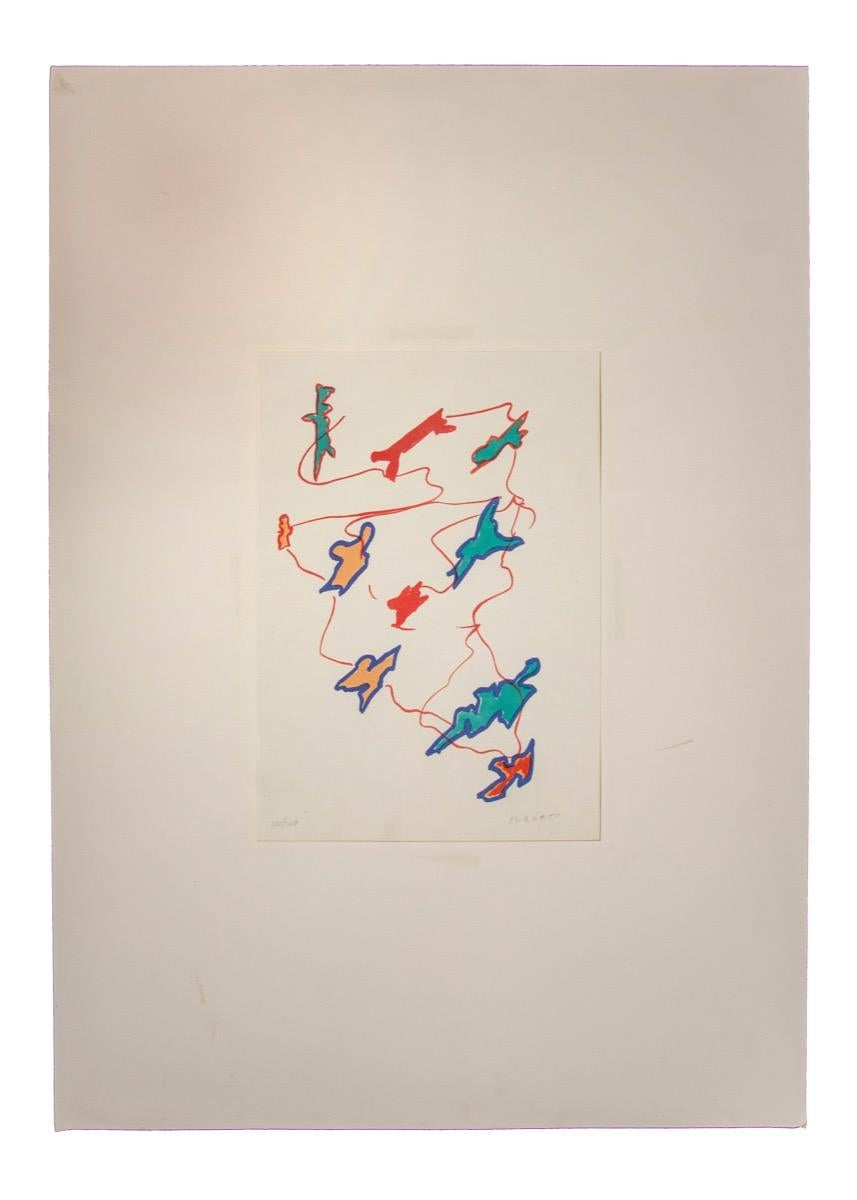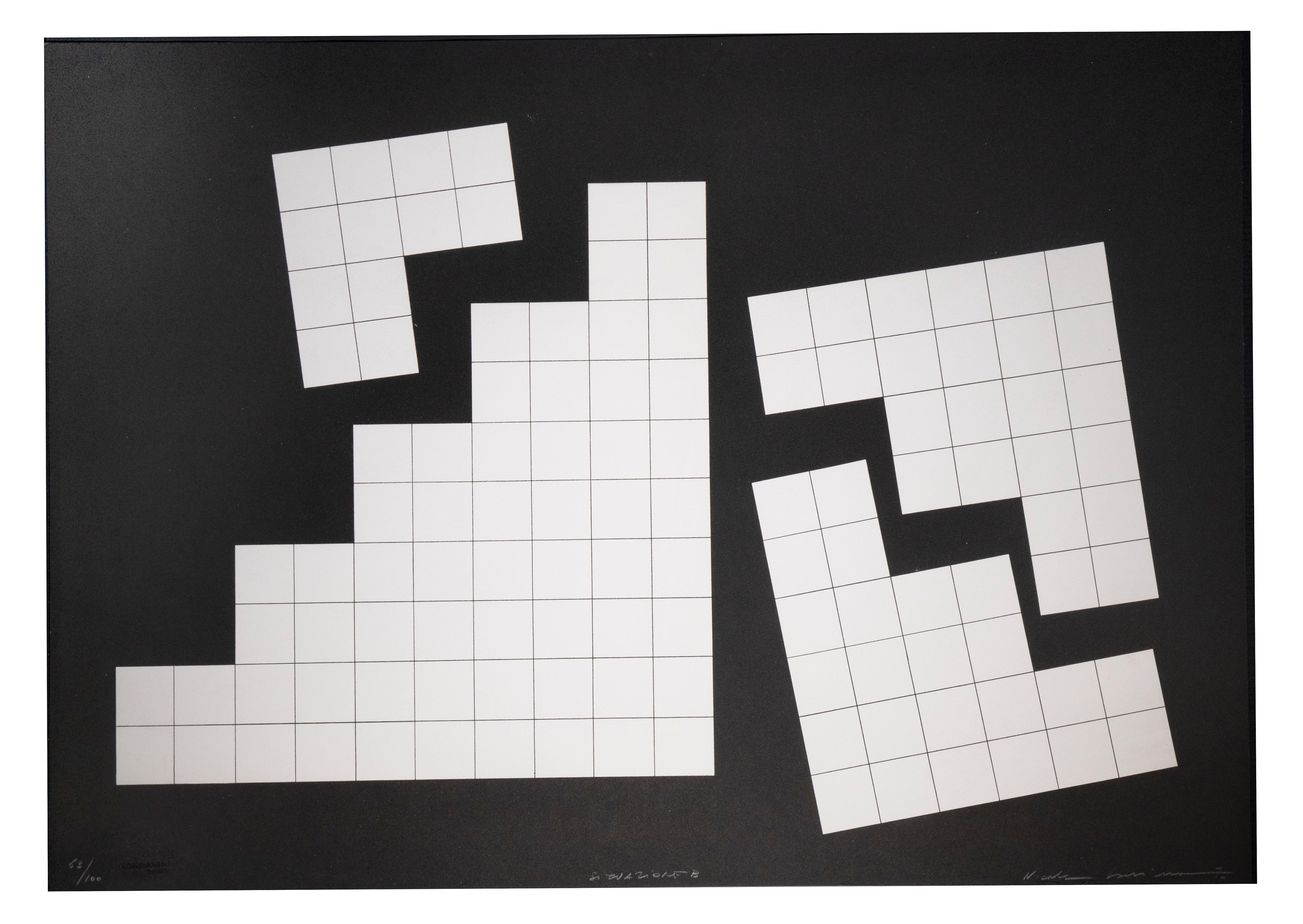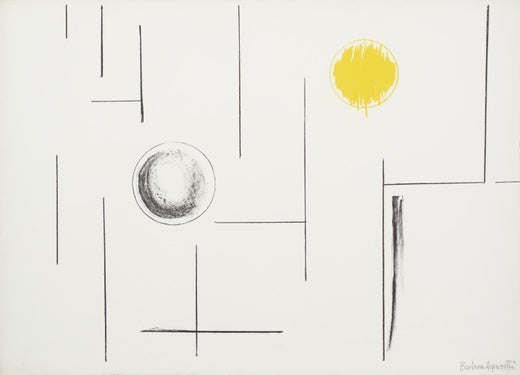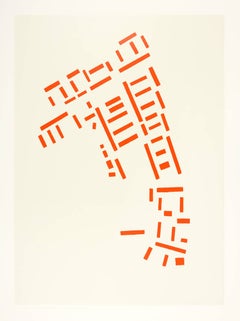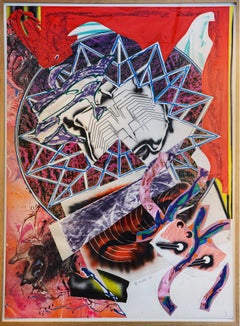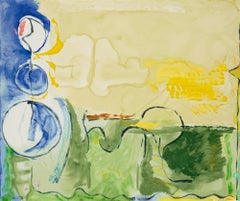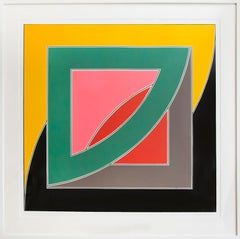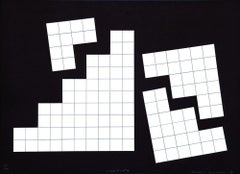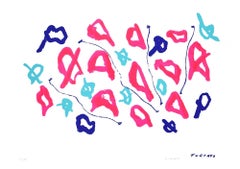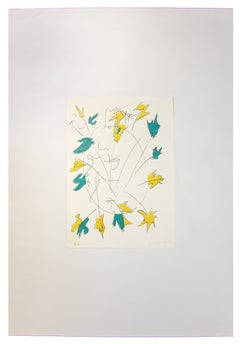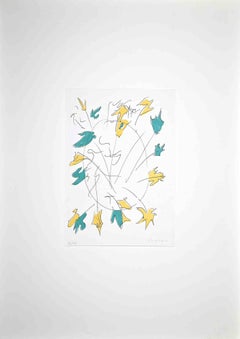Barbara HepworthBarbara Hepworth, Rangatira II, 1969-701969 - 1970
1969 - 1970
About the Item
- Creator:Barbara Hepworth (1903-1975, British)
- Creation Year:1969 - 1970
- Dimensions:Height: 30.6 in (77.7 cm)Width: 22.84 in (58 cm)
- Medium:
- Movement & Style:
- Period:
- Condition:
- Gallery Location:London, GB
- Reference Number:Seller: 987951stDibs: LU4703408021
Barbara Hepworth
Barbara Hepworth was born in 1903 in Wakefield, West Riding of Yorkshire. Hepworth attended the Leeds School of Art from 1920. There, she met fellow sculptor Henry Moore, who she maintained a friendly rivalry with throughout her career.
From Leeds, Hepworth went on to attend the Royal College of Art (RCA) in London, where she studied from 1921–24. Following her studies in London, Hepworth traveled to Italy. She began this journey in Florence, where she was the runner-up for the Prix-de-Rome, losing only to sculptor John Skeaping, whom she began a relationship with. The pair traveled to Siena and Rome and were married in 1925 in Florence.
During her time in Italy, Hepworth studied under sculptor Giovanni Ardini and learned how to carve marble. Upon her return to London, Hepworth and Skeaping began to publicly exhibit from their flat until their divorce in 1929. Hepworth’s early work reflects her interest in European art movements, particularly Italian Abstraction.
In 1931, Hepworth began to sculpt her characteristic pierced figures, and Henry Moore followed suit. The pair led the path to modernist sculpture. Hepworth later became involved with the Parisian art movement, Abstraction-Création.
In 1933, Hepworth and Ben Nicholson co-founded with Paul Nash, Herbert Read and architect Wells Coates the Unit One art movement, with the agenda to unite Surrealist practice with abstraction in contemporary British art. Hepworth moved to St. Ives, Cornwall with her second husband Nicholson and their children at the outbreak of the Second World War in 1939. Hepworth lived and worked in Trewyn Studios.
Many other British artists likewise found refuge and space in Cornwall to continue working during the war, and in its aftermath, Hepworth founded the Penwith Society of Arts in 1949.
In 1950, Hepworth exhibited in the British Pavilion at the Venice Biennale. Two of her public commissions were exhibited at the Festival of Britain in 1951, and in 1953 she traveled to Greece, a trip which inspired her celebrated six-piece sculpture collection carved from Guarea wood between 1954–56. In 1955, Hepworth began to exhibit in the USA, beginning with the Martha Jackson Gallery. Preferring the European art market, she exhibited solo at Galerie Chalette, France in 1957, and her lithographs were hung in Marlborough Fine Art in 1970.
The Barbara Hepworth Museum in St Ives and the Hepworth Wakefield in West Yorkshire permanently exhibit her work in honor of her contributions to both places that the artist at times called home. Her collectors include the Tate, the Dallas Museum of Art, the Art Institute of Chicago, the Museum of New Zealand Te Papa Tongrewa and the Lynden Sculpture Garden.
Hepworth was awarded the Grand Prix at the 1959 Sao Paulo Art Biennal, the Freedom of St Ives in 1968, a CBE in 1958, and a DBE in 1965. In 2015, the Tate Britain held the first big solo exhibition of Hepworth’s work since her death, bringing together more than 70 of her works.
Find Barbara Hepworth art for sale on 1stDibs.
(Biography provided by Shapero Modern)
- ShippingRetrieving quote...Shipping from: London, United Kingdom
- Return Policy
More From This Seller
View All21st Century and Contemporary Abstract Geometric Prints and Multiples
Screen
1980s Abstract Abstract Prints
Lithograph, Screen
Early 2000s Abstract Expressionist Abstract Prints
Screen
1970s Abstract Geometric Abstract Prints
Screen
Early 2000s Abstract Abstract Prints
Screen
Early 2000s Abstract Abstract Prints
Screen
You May Also Like
1970s Abstract Geometric Abstract Prints
Screen
1970s Abstract Abstract Prints
Screen
1970s Abstract Abstract Prints
Screen
1970s Abstract Abstract Prints
Screen
1970s Abstract Abstract Prints
Screen
1970s Abstract Geometric Abstract Prints
Screen
